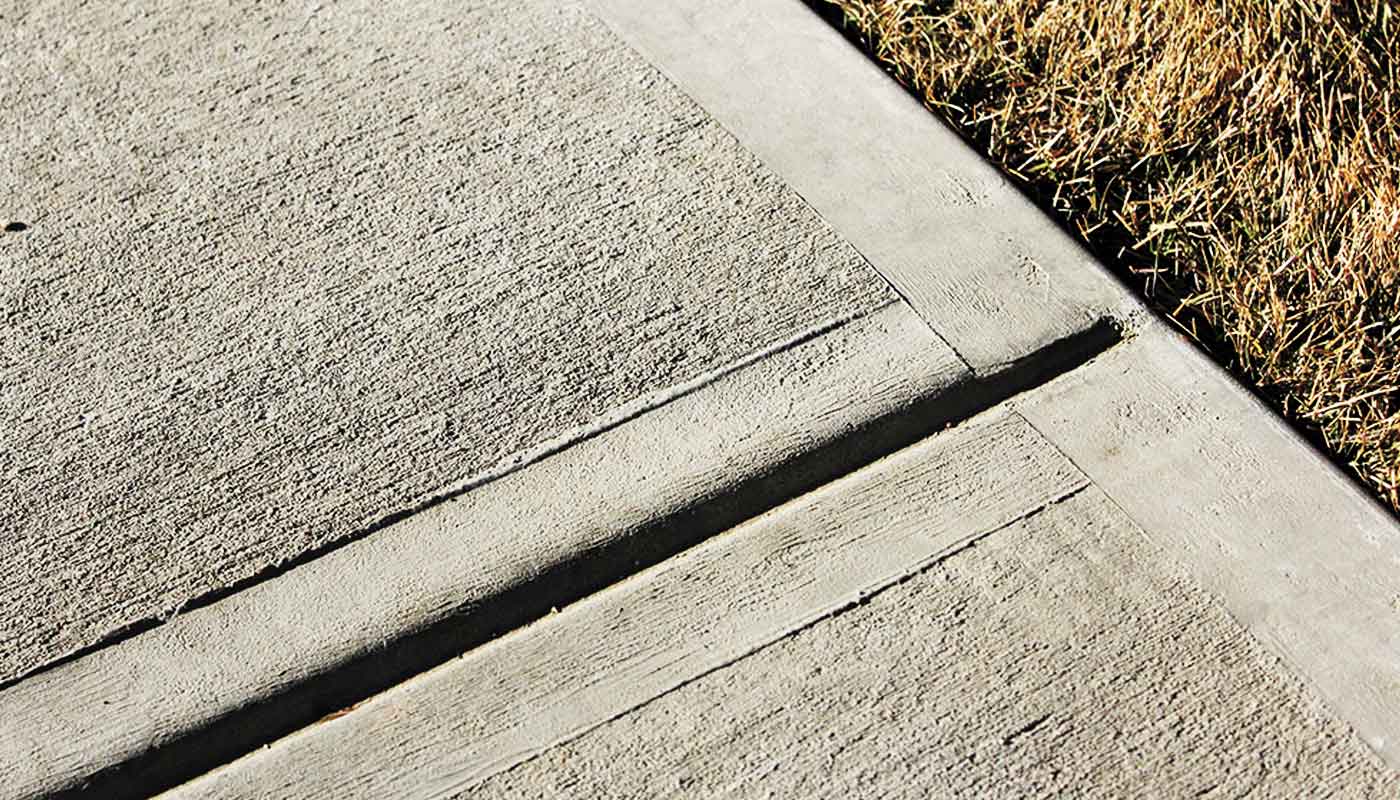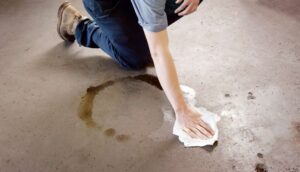To prevent cracking in your concrete driveway, it’s crucial to focus on proper installation, regular maintenance, and considering the environmental factors in Conroe. Ensuring the right mix of concrete, adequate thickness, and expansion joints will help your driveway withstand the heat, soil movement, and heavy traffic that contribute to cracking.
In this blog, we will explore effective strategies to prevent cracking in your concrete driveway, offering tips specific to the Conroe area. If you’re looking for professional driveway installation or repair, Conroe Concrete Contractor has the expertise to keep your driveway strong and crack-free
Call: (936) 342-7242
Email: info@conroeconcretecontractorstx.com
Why Do Concrete Driveways Crack in Conroe?
Before we talk about how to prevent cracks, it helps to know why they happen—especially in Conroe:
The soil in Conroe is mostly clay, which expands when wet and shrinks when dry. This constant movement puts pressure on your driveway.
Hot summers and sudden temperature changes can make concrete expand and contract, leading to cracks.
If the ground isn’t prepared properly before pouring the concrete, the driveway can become weak and crack over time.
Heavy vehicles parked regularly on the driveway can cause stress if the concrete isn’t reinforced.
Without proper control joints (small planned gaps), the concrete can crack randomly as it shifts and settles.
How To Prevent Cracks?
1. Build a Strong Base
Your driveway needs a solid foundation. In Conroe, where the soil can shift, it’s important to add and tightly pack a layer of crushed stone under the concrete. This helps prevent movement and future cracks.
2. Use the Right Concrete Mix
If the concrete mix is too wet or not suitable for local conditions, it can start to crack sooner than expected. A 4,000-psi mix with air entrainment is commonly used to improve strength and help the concrete handle weather changes more effectively.

3. Add Control Joints in the Right Places
Control joints are lines cut into the concrete that guide where cracks happen—so they form neatly instead of randomly. These should be placed regularly, especially near stress points like where the driveway meets the garage.

4. Reinforce With Rebar or Wire Mesh
Using steel bars (rebar) or wire mesh inside the concrete makes it stronger. This is important if heavy cars or trucks will use the driveway often.

5. Cure It Properly
Curing means keeping the concrete damp after it’s poured. It should stay moist for at least 7 days to get strong and reduce shrinkage cracks.
6. Seal the Surface
Once the concrete has cured, sealing it adds a protective layer. It keeps out water, oil, and dirt, and protects the surface from weather damage.
7. Do Regular Maintenance
Even strong concrete needs care. Power wash it now and then, reseal every few years, and fix small problems early to avoid bigger issues.
Local Expertise That Makes a Difference
Conroe Concrete Contractor brings years of hands-on experience with the unique soil and climate conditions found throughout Montgomery County. Their team uses high-quality materials and proven techniques to deliver concrete driveways that are built to last—minimizing the risk of cracks and reducing the need for constant repairs.
✅ Looking for a quote or site evaluation?
Frequently Asked Questions (FAQs)
1. Is cracking in a concrete driveway normal?
Small hairline cracks may occur over time, but large or spreading cracks often indicate an issue with the base, installation, or moisture levels.
2. How long does a concrete driveway last in Conroe?
With proper installation and maintenance, a concrete driveway can last 25–50 years or more.
3. Do control joints stop cracking completely?
Control joints don’t stop cracking but guide where cracks occur, keeping them neat and less visible.



